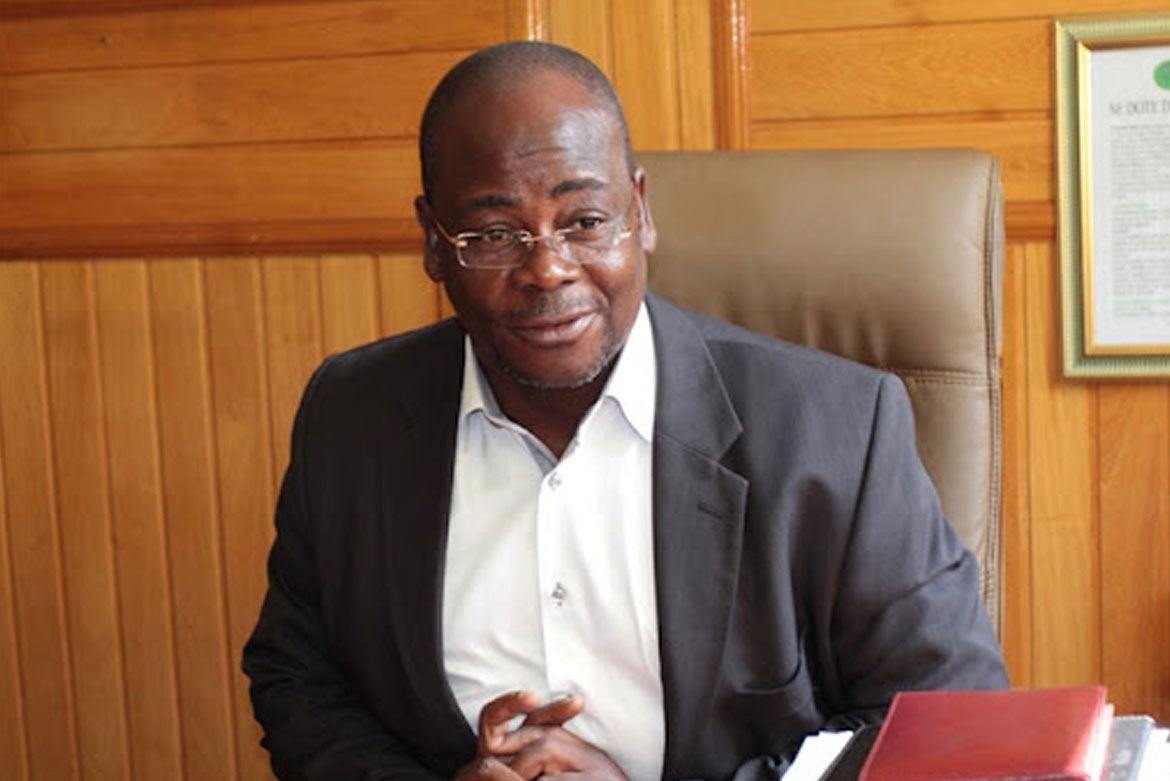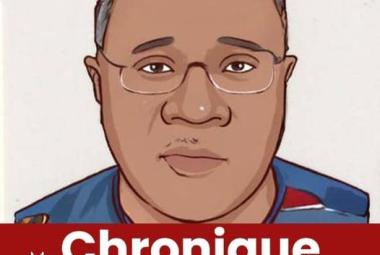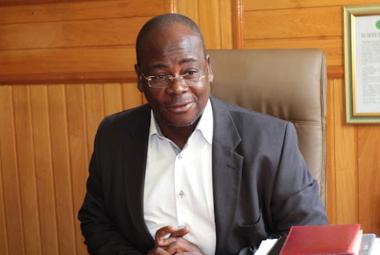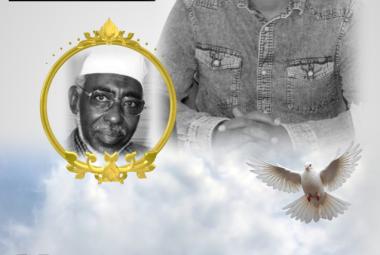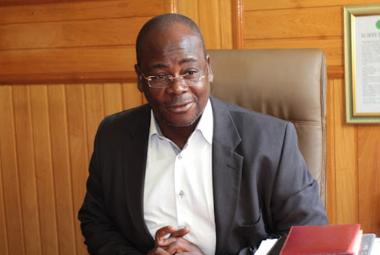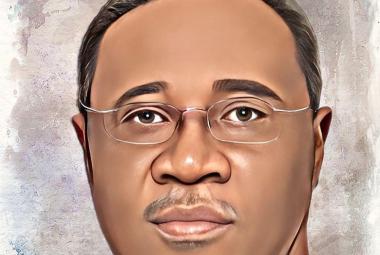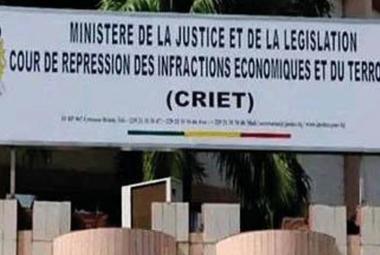It happened in Niger, according to all the information that reached us, that the elected President of this country wanted to replace the head of the presidential guard, who had been appointed by his predecessor. So, this official, whose mission is to protect the President, turned his weapons against the latter and overthrew him. What can justify that Nigeriens and Africans acclaim this putsch? The gallant who took power in this country, poor among the poor, tried to justify his coup on the grounds that he did not agree with the President-elect's counter-terrorism strategy. So why does he think his vision should prevail over that of the President? And, how the fact that his vision is different from that of the President must lead him to seize power by arms? What can legitimize his seizure of power? Absolutely nothing. And what, in this story, can push Nigeriens to go and attack the French embassy, and to display Russian flags? Hate against France would therefore have become the scarecrow that we now wave to excite the fools of our region! And the Russian flag, the piece of sugar that we give to dogs who have obeyed the orders of their trainer!
Let's pull ourselves together a bit. We like to blame our misery on others. They certainly have their share of responsibility. But it would be interesting for us too to ask ourselves what we are really doing to get out of this misery. Remember that in Mali neighboring Niger, there was in history, from 1312 to 1332, an Emperor named Kankou Moussa, presented today as the richest man of all time. What did this man do with all this immense wealth? He loaded all the gold of his country on camels to go and distribute it to the Arabs, during a pilgrimage to Mecca which remained in the annals of history, to the point that the price of gold fell wherever he went. And he had to go into debt to be able to return home. What has he done with his country with this legendary wealth? He built mosques. Elsewhere, sovereigns less wealthy than Kankou Moussa used their fortunes to build places of worship, but also universities, infrastructure for their countries, finance research that led to scientific and technological discoveries, make conquests, industrialize their country, etc. Malians today are very proud of their great Emperor. So let them go and pray in the mosques he has built for them and Allah will come to save them from their misery. Let's face it. As long as we find it smarter to build churches, temples and mosques rather than schools, universities, research centers, we will wallow in our misery. As long as we wait for others, French, Russians, Chinese, Turks, Lebanese, Moroccans, and others to come and exploit our resources in our place, invest in our countries in our place while we are in our temples, churches and mosques, as long as we find it more important for us to invest in a pilgrimage to Mecca, in Israel, in Rome or in Lourdes rather than in a profitable economic activity, we will be lagging behind the whole world. As long as we spend all our energy consuming what we don't produce while producing what we don't consume, as long as we spend billions every year buying hair from Indians, no one in this world, not Russians, not the Chinese, nor the Europeans, nor the Americans, no one will take us seriously. And applaud the first trooper who will seize power by shouting “down with France!” Down with imperialism! won't change that at all.
In 1963, Aimé Césaire wrote these words in his play “the tragedy of King Christophe”: “Here! Listen ! Somewhere in the night the tom-tom beats... Somewhere in the night my people are dancing... And it's like this every day... Every evening... The ocelot is in the bush, the prowler at our gates, the hunter of men lying in wait, with his rifle, his net, his muzzle; the trap is ready, the crime of our persecutors encircles our heels, and my people are dancing!” Part of our tragedy comes from there.
Let those who applaud the coups d'Etat which intervene in our region while castigating ECOWAS because they believe that these putsches are hurting certain countries go and see what has become of the populations of Mali, Burkina Faso, Guinea today. By the way, do Malians, Central Africans, Guineans and Burkinabè exploit their own mineral resources now?
By Venance Konan
*This article has been translated from French into English by Marcus Boni Teiga



